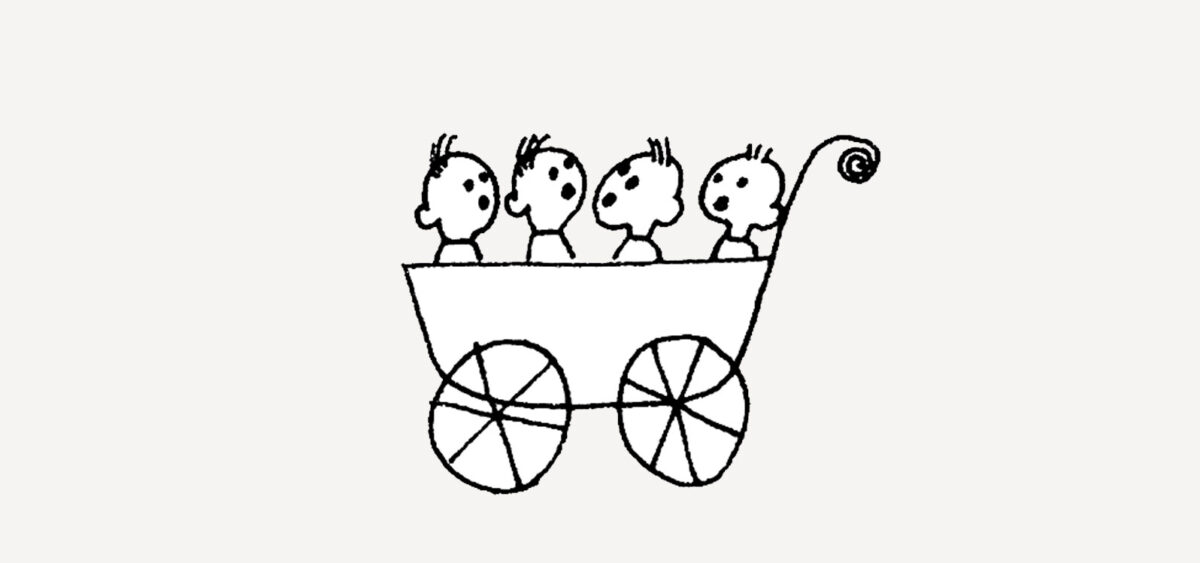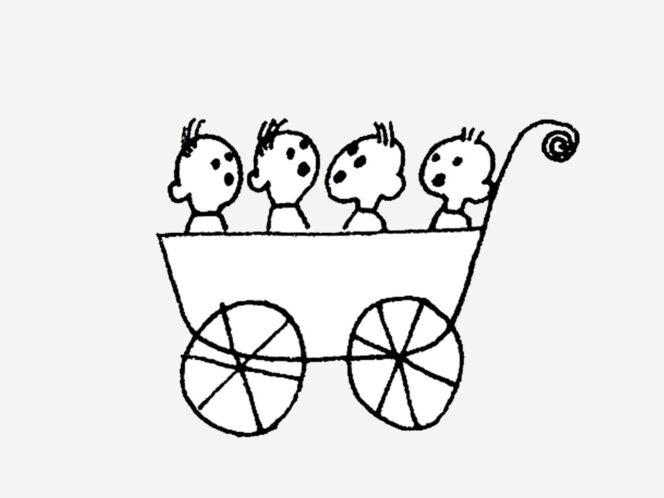
Do we really need memory? Is it not better to live in oblivion? Ireneo Funes, the title character of Jorge Luis Borges’ short story Funes the Memorious, remembered everything as a result of an accident that deprived him of the gift of losing his memories. However, his existence soon became unbearable. In another celebrated short story, The Library of Babel, the Argentine described a library containing all of the books that exist in the world. The moral of both stories, assuming that Borges’ works have one, is this: memory is a wonderful thing, but oblivion is a gift from the gods. Is that really so?
Funes lived in the 19th century – the era of uncovering nature’s secrets, and of rapid industrialization. Modernity entered the stage during a great demand for precision. It required a precise language and precise machines; a precise geography and precise firearms. Precision seemed to be the key to the construction of the future, as it went hand-in-hand with science and allowed the prediction of upcoming events in great detail. Funes not only remembered everything, but also always knew what time it was. He was, therefore, a monstrous embodiment of precision.
The current epoch, an era of various populisms and nationalisms, is a time of the eternal present. The future, i.e. imagination – because the future equals imagination – has been abolished, while the past does not exist. Populism is devoid of memory, and for this reason it must reconstruct the concept of the people every day.
But the issue of memory and the future can also be described in a different way. Today, stock exchanges are open 24/7. When the New York Stock Exchange closes, the Tokyo Stock Exchange opens; when the Tokyo Stock Exchange closes, the European ones are ready for trading. Thanks to this, just a few taps on a computer keyboard allow one person to earn more in a single day than three generations of industrialists would have accumulated in the past.
In such a scenario, the past dissolves. Rather than providing a lesson for future generations, tradition is cynically exploited in election campaigns and hate campaigns aimed at the ‘cosmopolites’ and ‘globalized elites’. Besides, everyone – and not only those managing great assets – is used to satisfying all their needs immediately. If we need information, instead of waiting for the news on the radio or television, let alone tomorrow’s newspapers, we reach for our smartphones and go on the web.
When time dissolves or becomes questionable, nostalgia emerges. It can take various shapes. It can be used as a kind of substitute product, describing the mythical heroism of ancestors, the imaginary past when everyone was a noble aristocrat. Such make-believe narratives have us fooled that in the Shtetl, the shoemaker was a poet and the tailor a philosopher; the witty Rabbi was open to the world, and women were content under the oppression of a ruthless patriarchy and religious doctrines.
But another nostalgia also exists: discovering the memory of the defeated and preserving their dignity. In the memory of the defeated, one can find the seed of rebellion against the hegemony of the eternal present. The preservation of their dignity is an essential element of the construction of the future. Before World War II, the Jewish socialist Bund party in Poland counted Marek Edelman among its members. As an organization, the Bund was liquidated in the Treblinka and Auschwitz gas chambers. As Edelman used to say, a political party cannot exist without a social base. And yet, the memory of the Bund remains; its banners can be seen at demonstrations defending democracy in Poland. This memory is much more than folklore adopted by the young anti-fascists nostalgically looking back at a multinational Poland of yesteryear. Bund fought for Jewish cultural autonomy. Of course, no one speaks Yiddish anymore and Yiddish literature is vanishing. And yet….
Bund’s ideas were crystal clear. At a time when many people thought that citizenship equalled language, and even that the only legitimate Poles were Catholics speaking Polish, there was a Jewish party that believed you could be a citizen in various ways. Today, a similar discussion is taking place in many European countries. The issue of the integration of migrants is linked to the question of how people belonging to different cultures and speaking different languages can live together in the same cities, on the same streets.
Borges’ protagonist could not bear his memory, but we should cultivate ours. And when we think about the lessons learned from the past that could help us think about the future, let us think pragmatically about what can be done today to restore the dimension of time and the concept of dignity.









